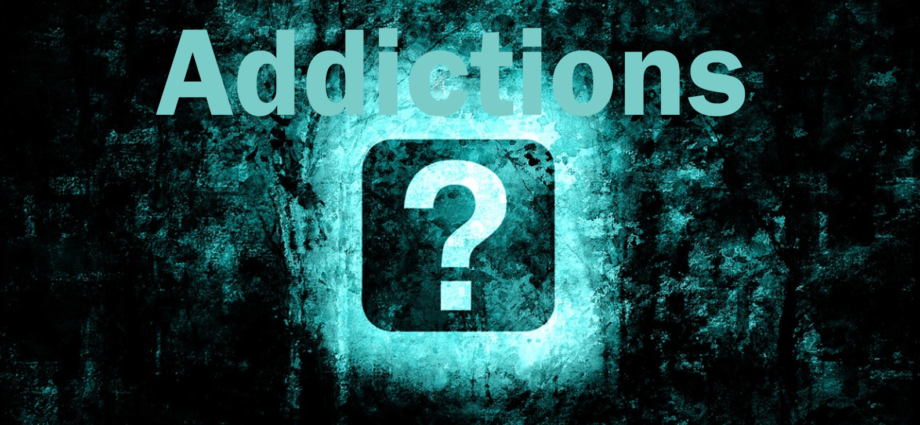|
|
An addiction is a compulsive craving for a substance or behavior despite harmful or adverse consequences, and often has physical symptoms such as headaches, nausea, and distress following sudden withdrawal. In recent pop psychology, the supposedly irresistible seduction of addiction has been extended to include many behaviors formerly considered bad habits or even sins. Has this concept gone too far? Are addictions as irresistible as commonly believed? Many researchers believe some myths about addictions are false.
How Addictive Are Pharmaceuticals?
One myth is that addictive pharmaceutical drugs quickly corrupt. Morphine, for example, taken to control pain, is powerfully addictive and often leads to heroin abuse. The truth is that perhaps ten percent of people do indeed have a difficult time using it in moderation or stopping altogether. Even for a very addictive drug like cocaine, only 15-16 percent of users become addicted within the first ten years of first use.
Most people usually don’t become addicted when using pharmaceutical drugs.. Even those given morphine to control pain rarely develop cravings of an addict.
Is Therapy Necessary?
Another myth is that addictions cannot be overcome without therapy. Some addicts do benefit from treatment programs. Alcoholics Anonymous (AA), for example, has supported many people in overcoming their alcohol dependence. But researchers have found little difference between treated and untreated groups. Individual or group therapy may be helpful, but people often recover on their own.
The concept of viewing addiction as a disease, like diabetes, can undermine self-confidence and the will to change, and in fact, voluntarily stop using addictive drugs, without treatment. Most of America’s 40+ million ex-smokers who kicked the habit, did so on their own, usually after failed efforts or treatments.
Is Addiction a Disease?
Another myth is that we can extend the concept of addiction to include not just drug and alcohol dependencies, but a whole spectrum of repetitive, pleasure-seeking behaviors. We can and we have, but should we? The addiction-as-a-disease needing treatment idea has been suggested for dozens of behaviors, including over-eating, shopping, exercise, gambling, gaming, sex, and even work.
The term addiction can easily become an all-purpose excuse. Those who embezzle to feed their gambling addiction, or surf the web half the night to satisfy their internet addiction, or abuse to indulge their sex addiction can then explain away their behavior as an illness.
Sometimes behaviors such as gambling, shopping, or cybersex do become compulsive and dysfunctional, much like abusive drug taking. Many of these problems are discussed in these pages and offer helpful insights and solutions.
Is there justification for stretching the addiction concept to include certain bad habits and social behaviors? Debate over the the addiction-as-disease model continues.
This report is not a diagnosis. We hope this information can guide you toward improving your life.
Review our Knowledge Base or the links displayed on this page for similar and related topics.

